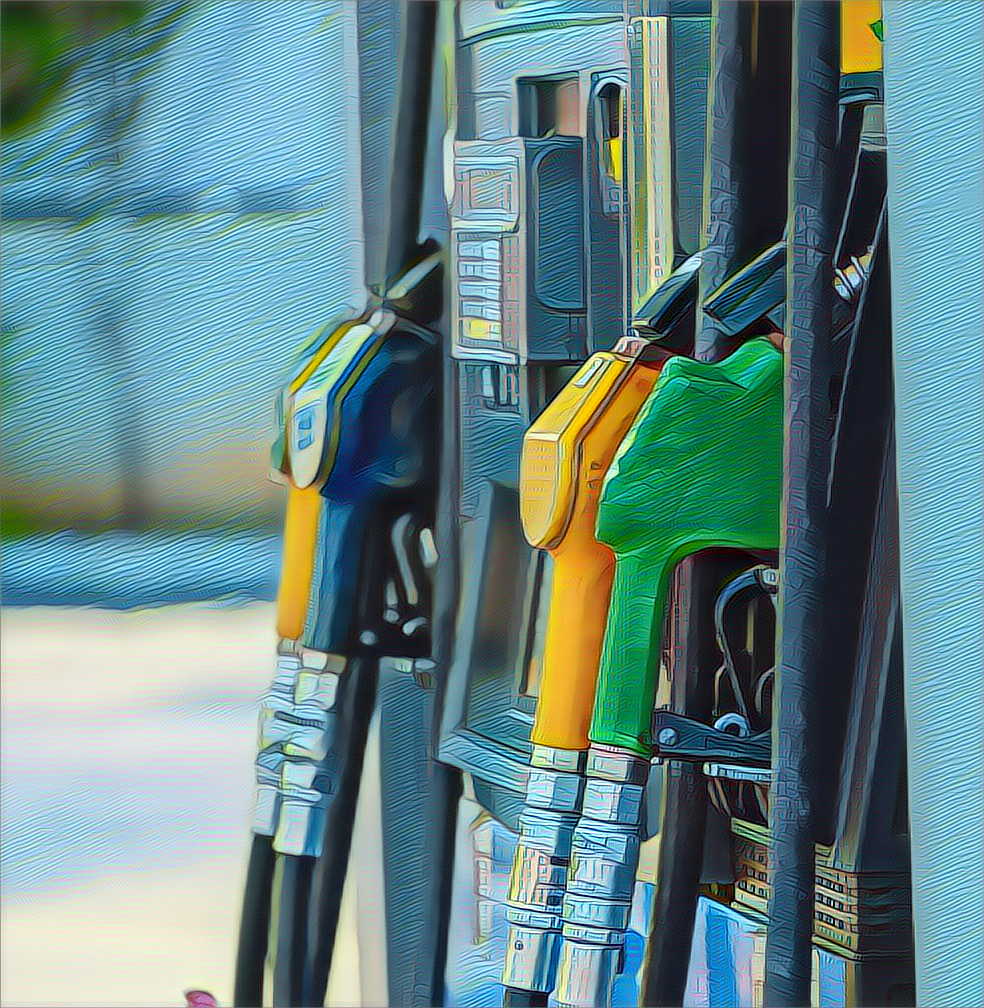Nigeria, Africa’s largest oil producer, is facing a severe fuel crisis as the pump price of petrol has soared to as high as N685 per liter in some northern states. The commodity’s scarcity has been attributed to a shortage of foreign exchange, the sole importation by the state-owned oil company, and the rising cost of transportation.
According to a report by BusinessDay, the official price bands approved by the government for petrol are N580 per liter in the south and N617 per liter in the north. However, many independent marketers have been selling the product at exorbitant rates, especially in states like Sokoto and Taraba, where consumers must pay N680 and N685 per liter, respectively.
The situation is not much better in the capital city of Abuja, where petrol is sold at an average of N625 to N630 per liter, while black market sellers are hawking fuel in jerrycans for around N850 per liter. Some filling stations have also shut down due to a lack of supply, stranding long queues of motorists and commuters.
The Nigerian National Petroleum Company Limited (NNPCL), which has become the sole importer of petrol in the country, has blamed the scarcity on the difficulties in accessing foreign exchange for fuel imports. Other marketers with import licenses have halted their operations due to the scarcity of dollars.
The fuel crisis has also been worsened by the removal of petrol subsidies by President Bola Tinubu in May 2023, which led to a significant surge in petrol prices from N198 per liter to over N500 per liter overnight. Tinubu had said that the subsidy removal was necessary to free up funds for infrastructure development and social welfare programs.
However, many Nigerians have expressed dissatisfaction with the government’s decision, saying that it has increased their cost of living and affected their businesses. Some civil society groups and labor unions have also threatened to stage protests and strikes if the government does not reverse its policy or provide palliatives for the masses.
The fuel crisis has also drawn the attention of international media and organizations, who have expressed concern over its impact on Nigeria’s economy and security. According to Al Jazeera, Nigeria’s fuel crisis could hamper its recovery from the recession caused by the COVID-19 pandemic and the slump in oil prices. CNN reported that Nigeria’s fuel crisis could also worsen its security challenges, especially in the northeast, where Boko Haram insurgents have been attacking oil facilities and pipelines.
The Nigerian Midstream and Downstream Petroleum Regulatory Authority (NMDPRA), which is responsible for regulating the midstream and downstream operations in Nigeria, has not comprehensively explained the price hike or any solution to address it. The agency has only issued some regulations on data repository, code of conduct, anti-competition, and customer protection for the sector.
Meanwhile, some analysts have suggested that Nigeria should invest more in refining its crude oil locally rather than relying on imports. According to BBC, Nigeria has four refineries with a combined capacity of 445,000 barrels per day, but they operate at less than 20% due to poor maintenance and corruption. The government has also licensed some private refineries, such as the Dangote refinery, which is expected to be completed by 2024 and produce 650,000 barrels daily.
However, some experts have argued that local refining alone is insufficient to solve Nigeria’s fuel crisis. They have called for more reforms in the oil sector, such as deregulation, liberalization, transparency, accountability, and competition. They have also urged the government to diversify its economy from oil dependence and invest more in renewable energy sources.
As Nigeria grapples with its fuel crisis, many Nigerians hope the government will find a lasting solution to ensure adequate supply and affordable petrol prices for all citizens.
Source: BusinessDay


